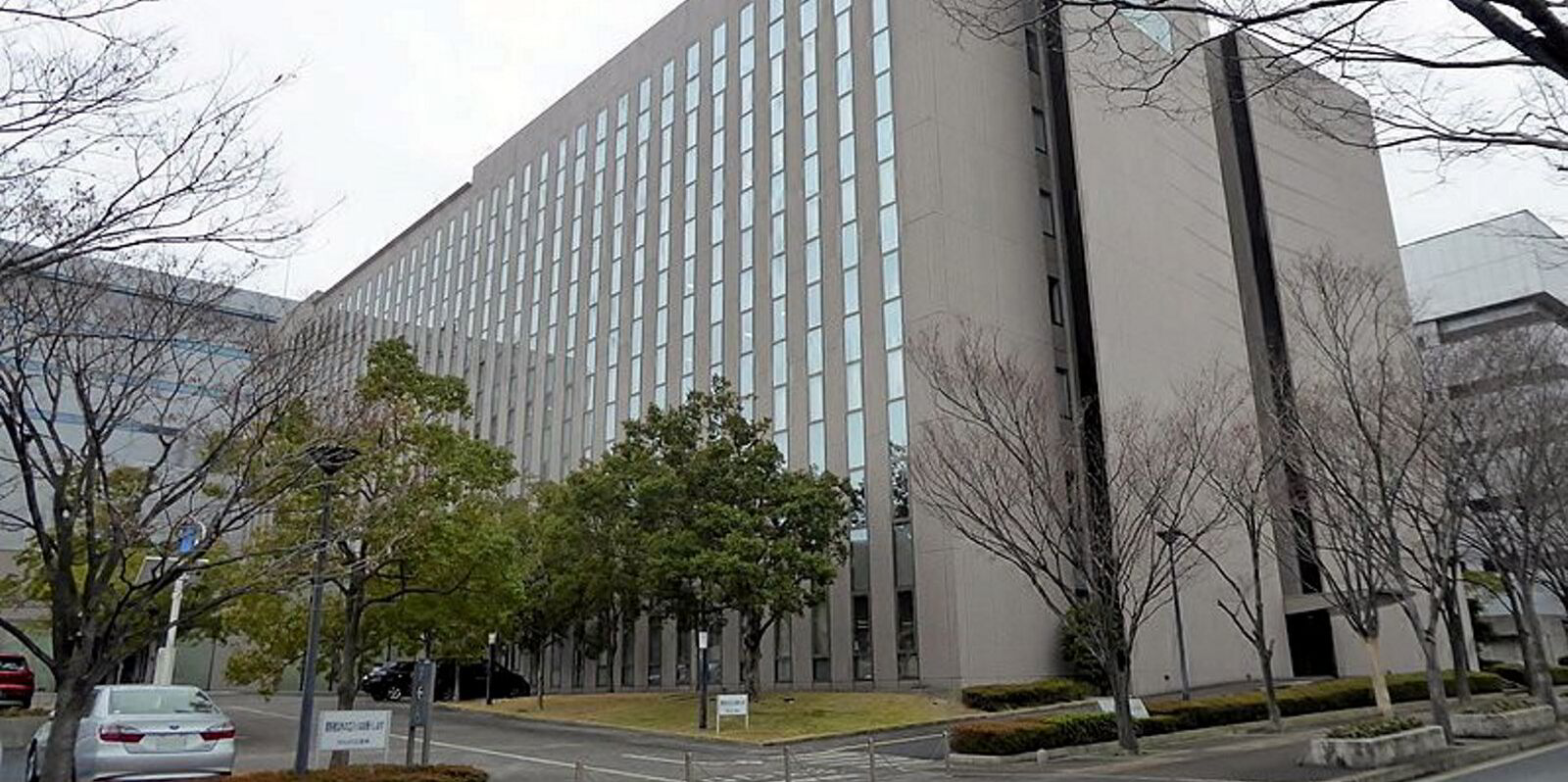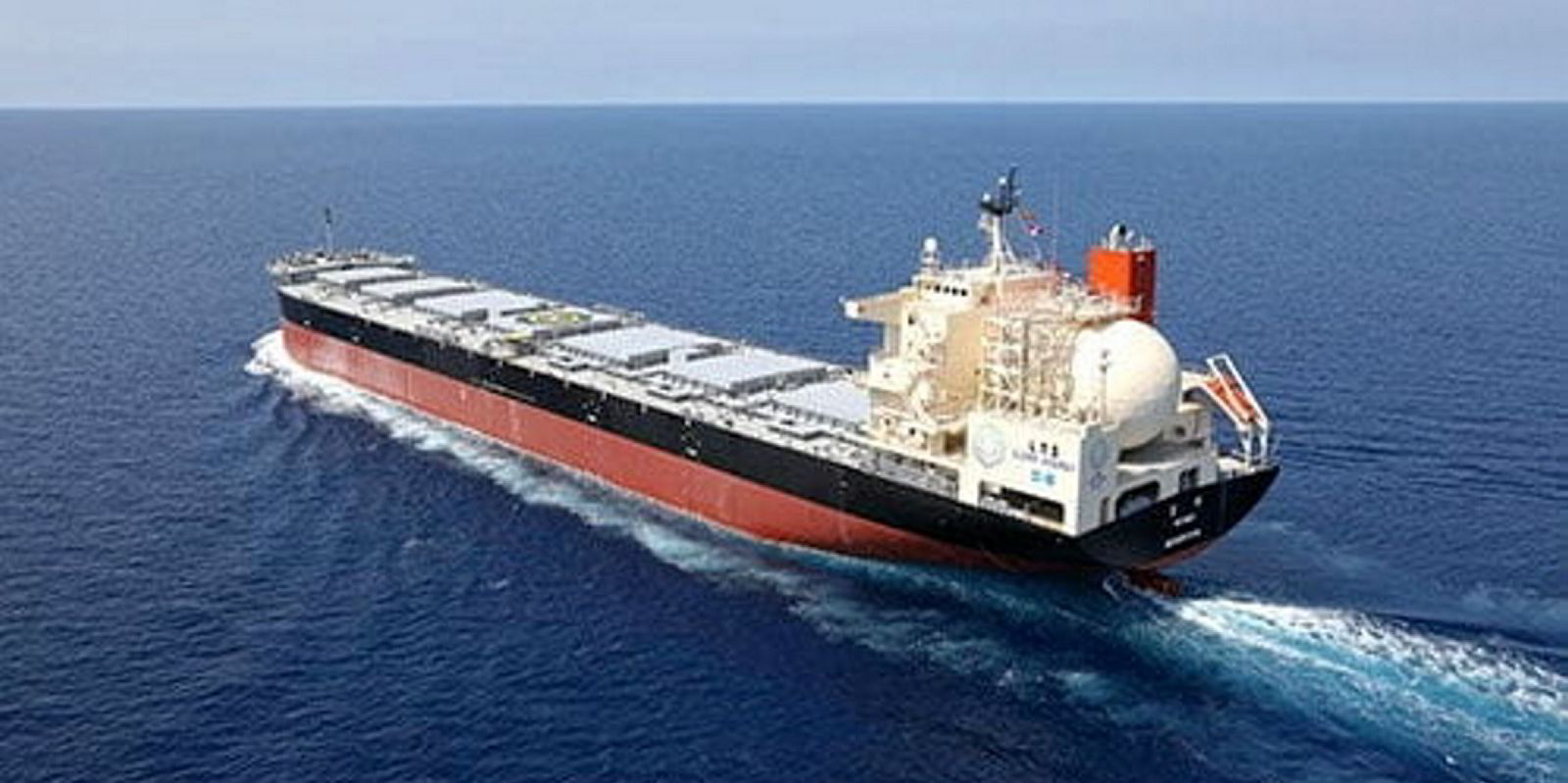Japanese engineering firm Hitachi Zosen has launched an investigation after revelations that the emissions data of more than 1,000 engines had been rewritten over two and a half decades.
The company said it has found that data had been manipulated for 950 engines made by Hitachi since 1999, of which 903 were for non-Japanese-flagged vessels.
The investigation also found 414 engines made by IMEX were affected, of which 395 are for internationally flagged vessels.
The probe took in data from 28 engine types for Hitachi Zosen and 11 from IMEX. All had emissions certificates issued by ClassNK.
In a statement, Hitachi said it launched its investigation in April at the request of Japan’s Ministry of Land, Infrastructure and Tourism Maritime Bureau.
“As a result, it was confirmed that there were inappropriate conducts of the fuel consumption rate (inappropriate rewriting of data) recorded in the test results of shop trials submitted to our customers at the shop trials witnessed by the customer,” it said.
Program glitch
It went on to state that this was specifically the use of a program which displays the fuel consumption value differently from the actual value confirmed.
Hitachi Zosen’s own investigations and interviews with staff revealed that data was changed to be “within the permissible range required in the customer specification and to reduce data variability”, it said.
It also said that as the NOx emission verification tests were also conducted at the same time, there is a possibility that this may also affect the calculation of NOx emissions.
“We believe that this matter stems from a lack of awareness regarding compliance,” the company said.
Hitachi Zosen makes MAN Energy Solutions and WIN GD engines under license. Both companies and Class NK have been approached for comment.
“Hitachi Zosen Marine Engine Co Ltd and IMEX Co Ltd have recently informed the public about improper rewriting in the test results of shop trials for marine engines of their companies”, MAN ES said in an email.
“MAN had been made aware of this issue on July 5, 2024. We will continue our discussions with both companies to learn more about the situation.”
Marine engine makers have not been immune to emissions-fixing scandals in the past. Finnish engine maker Wartsila had to hold its hands up when data at its Trieste, Italy, plant were found to have been manipulated in 2016.
MAN ES, part of the Volkswagen group, was also close to the fire when its parent group was found to have manipulated car emissions data nearly a decade ago.




